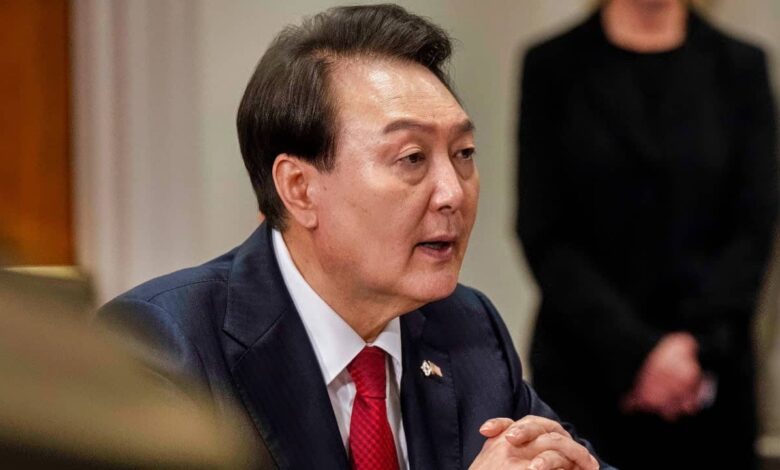
Former South Korean President Yoon Suk Yeol will stand trial on Monday for the first time in his life on charges of insurrection after he made a fleeting move to establish martial law in December, which sparked large-scale political disturbances across the country.
On December 3, Yoon ordered political activity suspension and censorship of the media in a move to impose military rule. The order, however, lasted only six hours before opposition legislators voted against it, leading to widespread condemnation.
The move sparked Yoon’s impeachment by the National Assembly, and on April 4, the Constitutional Court officially ousted him from his presidential position.
Although he lost all his presidential privileges, Yoon now has serious rebellion cases pending in the courts. During his February pre-trial hearing, his defense claimed that procedure in the initial arrest of his client was substandard, and on which plea, the court upheld, releasing his client 52 days into the arrest.
Yoon’s arrest in January was a landmark, as he was the first South Korean incumbent president to be arrested. The ex-president would risk severe punishment if convicted, such as life imprisonment or even death.
On Friday, the 64-year-old departed from the presidential palace and returned to his private house in Seoul, where he received supporters. “Now I return to being a ordinary citizen of the Republic of Korea, and I will seek a new way in the service of our country and our people,” he stated.
Following Yoon’s removal from office, South Korea will hold a snap election on June 3 to elect his successor, with acting president Han Duck-soo currently holding the reins.



